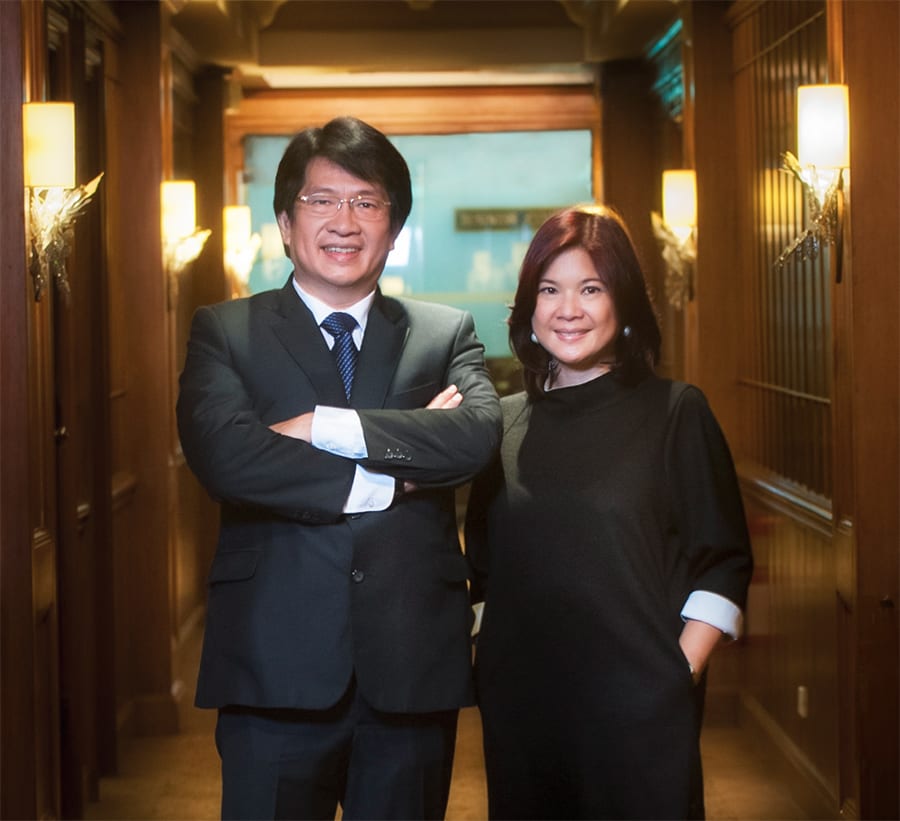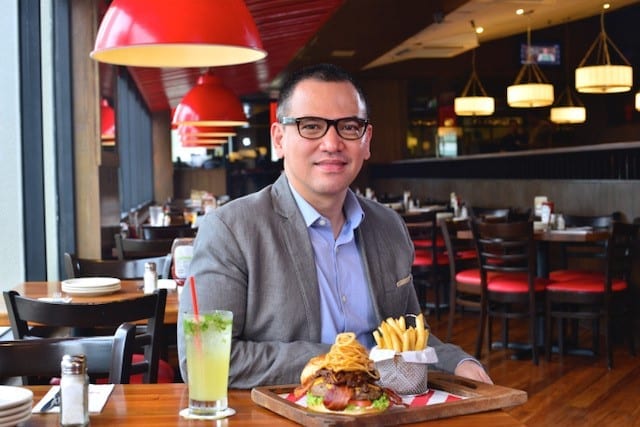
It’s marketing plan season once again and it is good to remind marketers that contrary to popular belief, when consumers make a buying choice, they do not decide based on marketing mix alone (product, place, promo, price) but on many other factors i.e., cultural (culture, sub-culture, social class), social (reference groups, roles and status, family), personal (age and life cycle stage, occupation, economic situation, lifestyle, personality and self-concept) and psychological (motivation, perception, learning, belief and attitudes) as well.
Below is a list of 60 cultural, social, personal and psychological factors observed in the Philippines that may change the course of your marketing plans in 2018. They are included in our forthcoming book “Principles and Practices in Marketing” set for release before end of 2017.
Home
- The absence of parents in a third of homes and the increasing role of schools to share or instill values.
- The social disorders associated with the absence of parents (drugs, child sex abuse, teen pregnancy).
- The change in the boundaries and sequence of love, marriage, sex and family.
- The rise of the number of single parents.
- The trend towards late marriages and smaller families.
- The upgrading role of music as surrogate companion.
- The rise of adultescent or Peter Pan generation (30+ something adult who are still single, no kids, no mortgage, no responsibilities).
- The rise of stay home “housebands” looking after children and house needs.
- The emergence of more males as purchase decision makers of grocery products (Mansumers).
- The increasing ratio of people 40 years old and above wanting to take control of their health.
Work
- The desire to migrate and the rise of middle class from the Overseas Filipino Worker (OFW) segment.
- The expanding number of call center workers and their odd working hours to conform with the working time abroad.
- The vanishing breed known as househelp.
- The desire of senior citizens to have second careers.
Women
- The increasing role of women in the work force due to better education and social equality.
- The increasing number of millennial women who do not know how to cook or cook as well as their moms.
- The increasing liberal sexual and relationship behaviors of women (including promiscuity) catching up with their men counterparts.
Communication
- The emergence of cheap smartphones.
- The addictive habits of free texting specially from apps such as Line and Messenger.
- The re-emergence of voice calls because of free calls from apps like Whatsapp and Viber.
- The continuing shift of advertising from traditional to digital.
- The ownership of multiple mobile phones.
- The immediate acceptance of foreign cultures (American music, Korean K-Pop and telenovelas, Indian yoga, Chinese feng shui, Japanese anime).
- The swelling number of netizens and their reliance on online tools to keep in touch.
- The emergence of and reliance on opinion not from watchdog groups alone but from strangers in social media.
- The openness to talk to strangers and fellow customers.
- The emerging consciousness of people to self-organize to help people in need during natural disasters.
Technology
- The increasing reliance on tech based solutions to manage personal and work life necessities.
- The rise of omni channel.
- The upswing of online activists.
- The rise of virtual reality and augmented reality.
Shopping
- The increasing influence of online celebrities like bloggers.
- The condemnation of non-environment friendly products and practices, especially among the middle and upper class.
- The continuous popularity of “tingi” (small portion), sachet, “lista” (credit) and 4-gives installment for better affordability.
- The rising acceptance of value brands and private labels like those of SM Bonus, National Book Store’s Best Buy, HBC’s personal care products.
- The openness to try new brands, including generic drugs or alternative health remedies.
- The continued growth of microfinancing options.
Channel
- The shift towards more deliveries (food, medicine, car batteries, LPG, etc).
- The increasing preference to visit smaller store format.
- The rise of convenience store as a fast food substitute.
- The growing popularity of multi level marketing.
Lifestyle
- The demanding lifestyle of the working class leading to stress and lack of sleep.
- The growing consciousness in planning discretionary time.
- The desire to buy new gadgets and spend on travel.
- The frequent visit to malls as an instant “escape”.
- The increasing dominance on point of purchase activities (packaging, display, sampling, etc).
- The shift to food knowledge instead of owning expensive cars as a sign of sophistication.
- The use of visual communication like emojis and memes.
Buying preferences
- The shift of priority from ownership to access (like car sharing).
- The move to take care of skin not just to have good cosmetics.
- The increasing demand for instant solutions (from food to medical remedies).
- The escalating market contraction of churchgoers
- The upward demand for healthier alternatives (yogurt, alkaline water, fitness center, sugar free, organic, slow food).
- The improving openness about herbal remedies and natural treatment.
- Increasing advantage of halal certification to millennials.
- The desire to take care of self (no artificial color, preservatives).
- The move towards conscious indulgence (micro packs, calorie count).
- The acceptance of cosmetic surgery for self-esteem and work advantage.
- The mounting strength of advocacy reputation as symbolic meaning in a purchase.
- The importance of inconspicuous consumption (Uber no label, luxury bags with smaller logos).
We hope the above list (which will keep growing) can help trigger new insights and allow you to spot and exploit the next big opportunities in the marketplace, looking at underserved and unserved markets.
(Note: Please feel free to cite portions with link to our webpage. But copying and pasting the entire article on your own website is not allowed. Kindly respect intellectual property)
(Josiah Go is a successful entrepreneur and the most awarded business educator in the Philippines. Chiqui Escareal-Go is an anthropologist and president of the Women Business Council of the Philippines)

